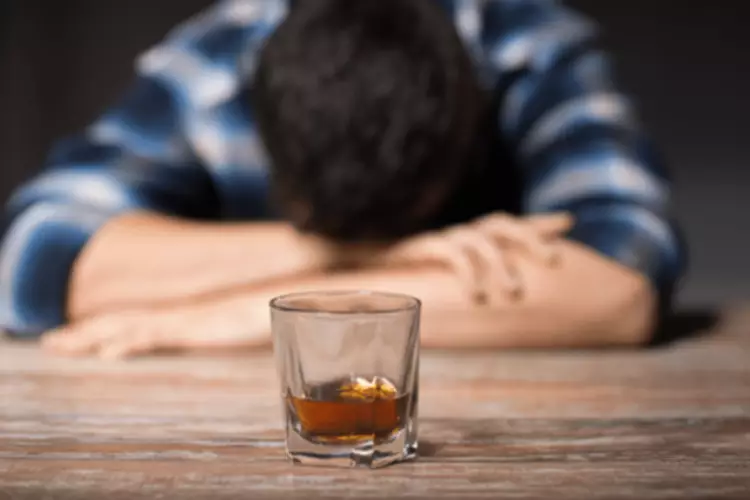
Consuming alcohol while dehydrated will just make dehydration worse. The diuretic effects will cause your body to lose water faster due to increased urination. The best way to ensure proper hydration is Halfway house to drink plenty of water. Not all fluids are hydrating, and drinking sugary drinks, sodas, fruit juices, sports drinks, alcohol, or caffeinated beverages can trigger water loss and cause dehydration. Alcohol increases urination, depletes electrolytes, and interferes with the body’s ability to restore fluid balance, all of which are primary causes of fluid loss and dehydration.

Evaluating Alcohol Content
This article is not meant to stop you from enjoying your favorite beverage in the world. Blood alcohol content (BAC) is the amount of alcohol in your blood that develops from drinking beverages that contain alcohol. Levels can range from 0% (no alcohol) to over 0.4% (a potentially fatal level).

Symptoms of dehydration
However, these beverages are typically laden with sugar and contain high concentrations of caffeine, which explains why consuming sports drinks can cause dehydration and weight gain. If you’re concerned about weight management, opt for lower-calorie alcoholic beverages. Light beers, dry wines, or spirits with zero-calorie mixers can be good options. Note that in some countries, a light beer is one that is light in calories, and in other countries, it is light in alcohol. Notably, the consumption of alcohol after sports or exercise can exacerbate fluid losses incurred during the activity, prolonging the rehydration process and delaying recovery. Better to opt for a deeply hydrating beverage that supports energy, recovery, and complete hydration.
Signs Your Body Is Telling You You’re Drinking Too Much

The term ’empty calories’ refers to foods or drinks that provide a significant amount of energy but little to no nutritional value. While it provides about seven calories per gram – almost as does alcohol dehydrate you much as fat – it lacks essential nutrients like vitamins, minerals, and dietary fiber that our bodies need. These calories, therefore, do not contribute to meeting the body’s nutritional needs, despite contributing to its energy requirements. There are, however, some studies to suggest that alcohol may have some other health benefits when enjoyed in moderation. For example, one study, published in July 2021 in BMC, Medicine found that moderate consumption of any type of alcohol decreased risk of death in those with preexisting heart disease. Additionally, red wine is well known to contain resveratrol, an antioxidant that Mayo Clinic points out may decrease inflammation and play a role in decreasing the risk of heart disease.
- The pituitary gland decides to do this based on signals sent from detectors that read the volume of water in the body, as well as its salt level.
- One standard drink, according to American Addiction Centers, should contain around 0.6 ounces of pure alcohol.
- This outcome makes sense and aligns with our common beliefs about alcohol’s effect on the body.
- So the dehydrating effect comes mostly from the alcohol content itself.
Alcohol’s Diuretic Effect
The process of building muscle is largely dependent on protein synthesis and the replenishment of energy stores in muscle cells. Alcohol consumption can interfere with these processes, leading to impaired muscle recovery and growth. The first step involves ADH, which metabolizes the ethanol into acetaldehyde, a highly reactive and toxic compound that can contribute to the symptoms of a hangover. This is a short-lived state, however, as acetaldehyde is rapidly converted into acetate, a relatively harmless substance, by the action of ALDH. Acetate is further metabolized into carbon https://ecosoberhouse.com/ dioxide and water, which are ultimately excreted from the body. It employs enzymes, primarily alcohol dehydrogenase (ADH) and aldehyde dehydrogenase (ALDH), to break down ethanol into less harmful substances that the body can process and eliminate.

